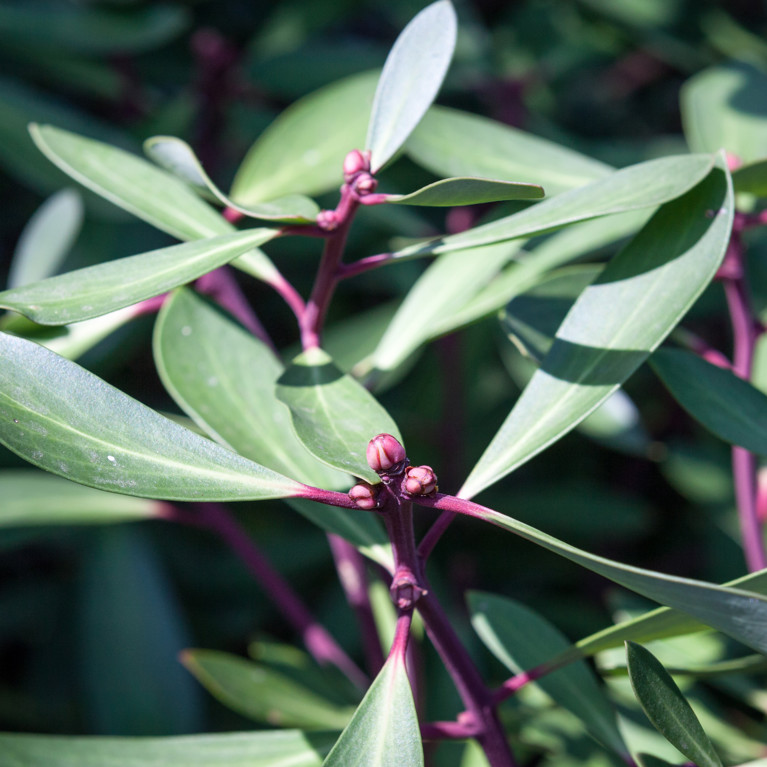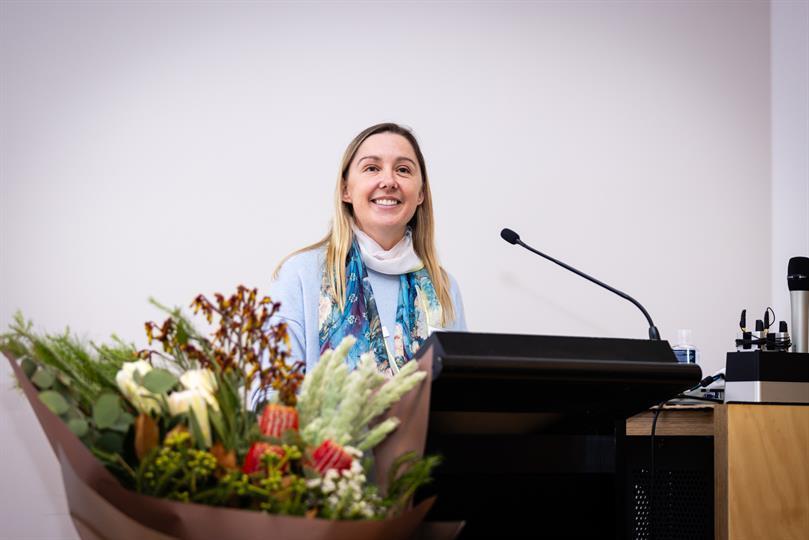- Posted on 4 Aug 2020
- 2-minute read
Specific laws are needed to protect Indigenous knowledge from organisations seeking to register patents without asking permission or offering any benefits in return.
The practice of protecting original ideas and knowledge through Intellectual Property Law is universally accepted in western countries but these legal conventions don’t work for Indigenous peoples whose traditional knowledge often falls outside these protections.
As a result, companies and organisations often seek to extract value from biological resources and associated traditional knowledge without providing anything in return to Indigenous and local communities - for example, turmeric in India and maca root in Peru.
In Australia, cosmetics company Mary Kay tried to patent an extract from the Kakadu plum for a skin care range. While the patent was successfully challenged here, it remains current in other countries.
UTS Law’s Dr Evana Wright has spent several years researching mechanisms to protect traditional knowledge from what is known as ‘biopiracy’:
It is the exploitation and misappropriation of traditional knowledge without prior informed consent or sharing of benefits arising from the utilisation of such knowledge … and represents the continuing dispossession of communities that have suffered both historical and contemporary wrongs.
Dr Wright argues that IP laws fail to protect the rights of Indigenous peoples and that individual countries need to develop their own laws for the protection of traditional knowledge – what are known as ‘sui generis’ or unique systems.
In particular she focuses on India and Peru as examples of countries where this approach has helped protect Indigenous interests:
India and Peru have led the way in developing initiatives to protect traditional knowledge utilising a range of legal tools, including access and benefit-sharing regimes, institutions and databases.
In Australia, there is no uniform mechanism for the protection of traditional knowledge and Dr Wright says the experience of India and Peru can help inform discussions about how to create unique protections here:
“The traditional knowledge of Aboriginal and Torres Strait Islander peoples has applications across many fields including the use of plants for medicinal purposes, environmental and ecological systems such as fire management and knowledge of bush-foods.”
As for the argument that that such knowledge is in the ‘public domain’ and therefore available to all, Dr Wright dismisses this as ‘the intellectual equivalent of terra nullius’.
Further reading
This is Law research in action
See where a Law research degree could take you.






